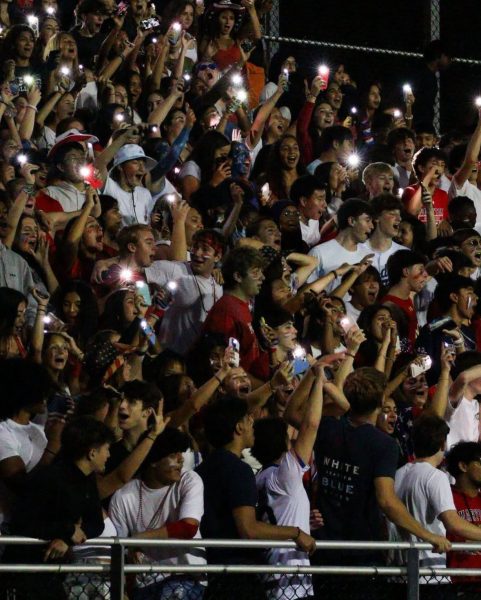Ways students can get involved, educate themselves politically
Junior Ayesha Gulati reads the news during advisory.
The government and politics can seem distant. However, from topics like education to social media, politics can alter a student’s life in different ways. A recent example was when Florida Governor Ron DeSantis banned the AP African American studies class, changing the education one can receive in Florida.
According to the Center for Information and Research on Civic Learning and Engagement, 27% of young people (ages 18-29) turned out to vote in the 2022 midterm election. While this percentage has risen over the years, it is considerably lower than other age groups.
Despite the low turnout, youth voting can have a decisive impact on elections. For example, according to Politico, in the 2012 election between Barack Obama and Mitt Romney, Obama took 67% of the youth vote nationally. However, if Romney and Obama split the youth vote 50-50, Romney would have won the election.
What can students, even those who can’t vote yet, do to get involved? To start, freshmen and sophomores take a required government class. However, according to AP government teacher Matthew Winter, the class can only go so far into how much it teaches students. “It’s harder to go in depth or move fast when 80% of kids are relatively uninterested. AP US government was taken by far fewer in the past and those kids were usually quite interested and motivated. That’s not the case now when so many take it,” Winter said.
A government class can give students a basic understanding of how the government works. However, it is up to the student to continue educating themselves on current issues beyond what school teaches them. “Look at the dizzying area of information available instantaneously on your phone or computer. Read two to three news sources even briefly every day, even if one is satire like The Onion. Talk to friends, fellow students and parents about it,” Winter said.
Additionally, 15 states and Washington D.C. allow preregistration (a process by which students will automatically be registered to vote on their 18th birthday) at 16 years old. Four additional states allow registration at 17 years old. According to the National Conference of State Legislatures, “A series of studies have shown that preregistration has a positive effect on youth turnout.”
Another way students can get involved is by getting to know or emailing representatives. “Some students don’t even know their representative or senators. I feel like if there is an issue that you really care about, representatives are the best people to contact. Their jobs are to serve us,” junior Shreyas Bachu said.
Students can also join political clubs at school. Options include Public Policy Club, Women in Politics or Wootton Activists. “I think school clubs are a great way to connect with peers, share ideas and work towards a common goal,” senior Anjali Gallacher said.
As students get closer to the age of being able to vote, they have to understand the responsibility that comes with it. According to Winter, students should not only consider personal interests but also the interests of society and the world when voting.
Your donation will support the student journalists of Thomas S. Wootton High School. Your contribution will allow us to purchase equipment and cover our annual website hosting costs.
Naeha is a 2024 graduate.


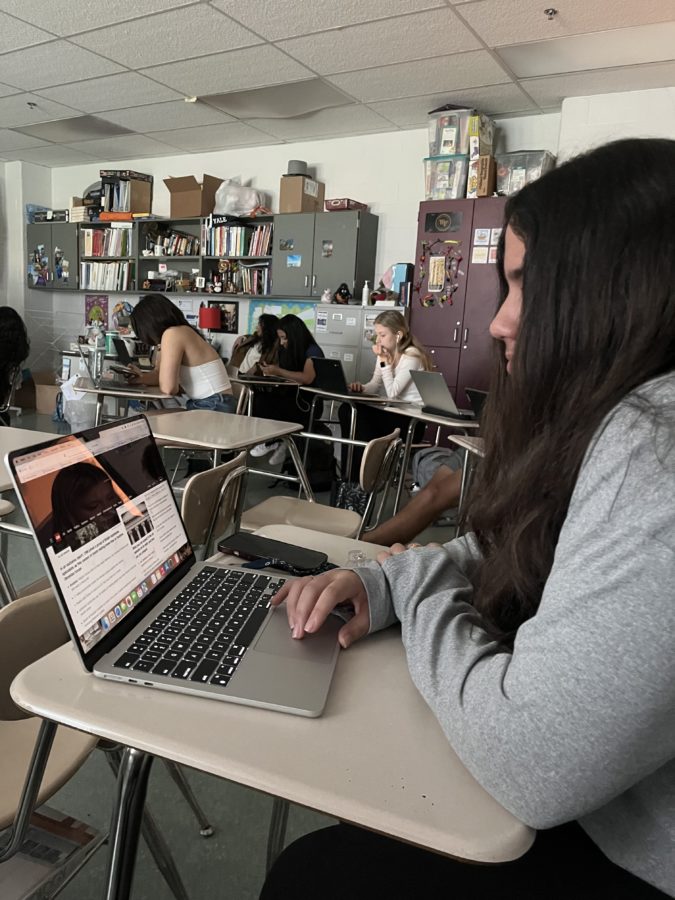
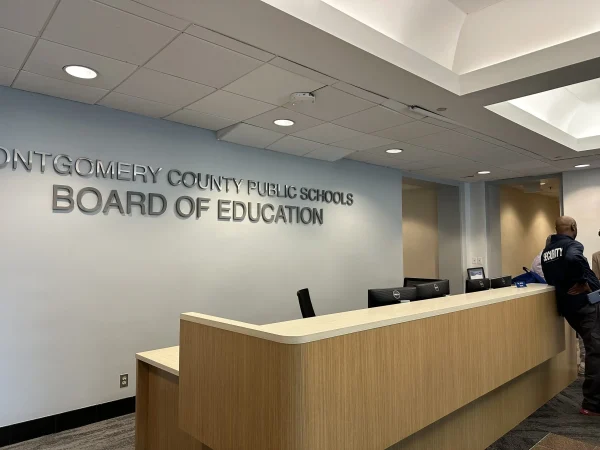
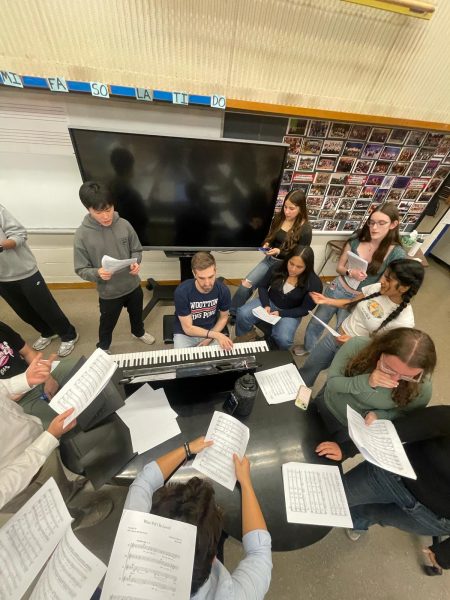
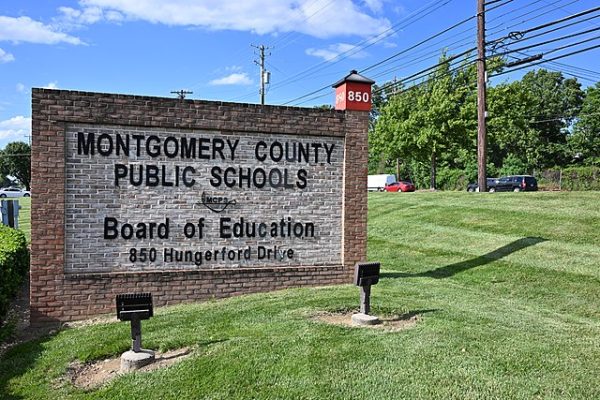
![The 2025-2026 Editorial Board Alex Grainger, Cameron Cowen, Helen Manolis, Emory Scofield, Ahmed Ibrahim, Rebekah Buchman, Marley Hoffman, Hayley Gottesman, Pragna Pothakamuri and Natalie Pak (Chase Dolan not pictured) respond to the new MCPS grading policy. “When something that used to be easy suddenly becomes harder, it can turn [students’] mindset negative, whereas making something easier usually has a better impact. I think that’s where a lot of the pushback comes from. But if you put emotions aside, I do think this change could help build stronger work ethic,” Ibrahim said.](https://woottoncommonsense.com/wp-content/uploads/2025/09/fqr5bskTXpn0LRQMmKErLuNKdQYBlL726cFXBaWF-600x450.jpg)
